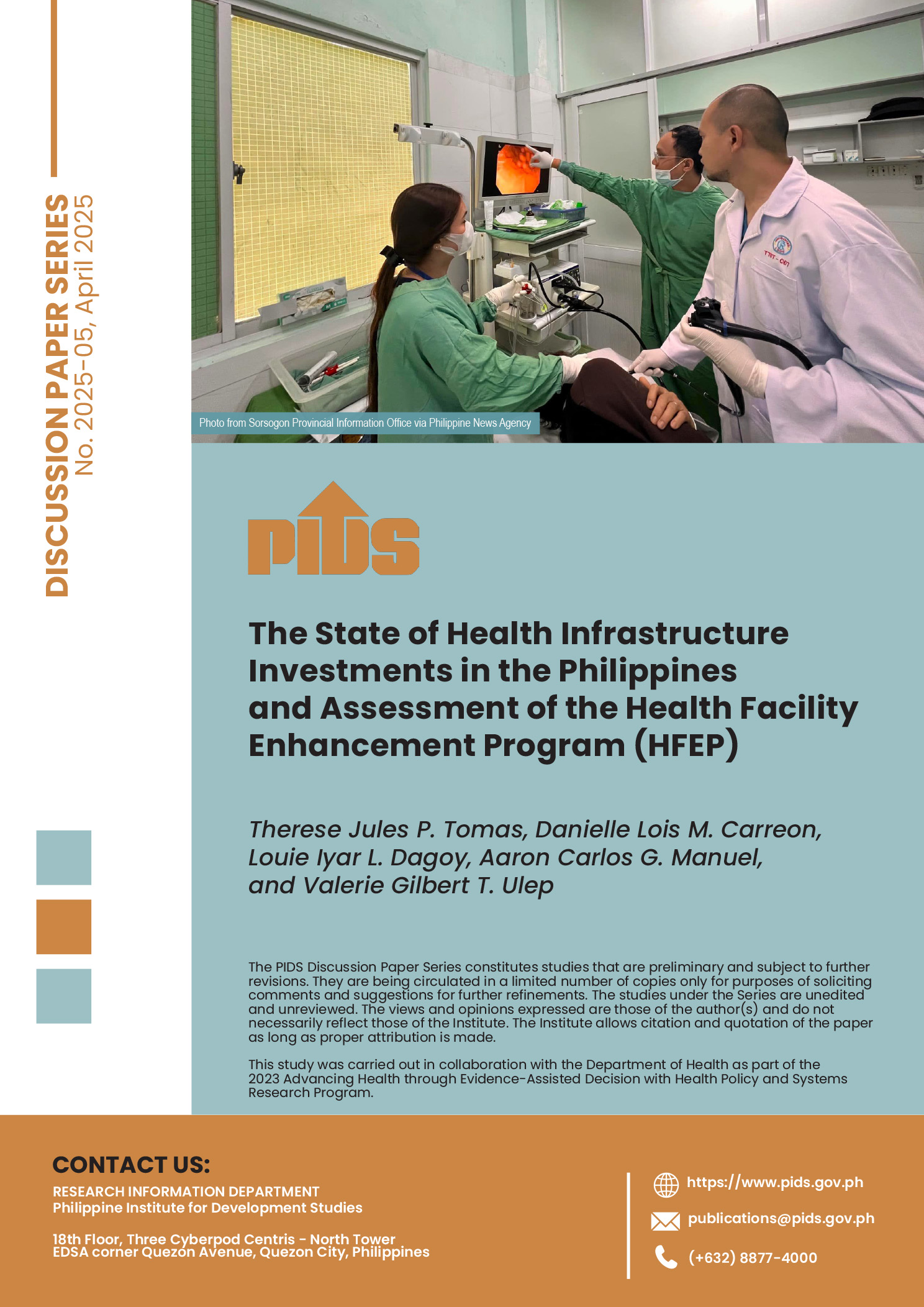San Miguel Purefoods Co. Inc. (SMPCI) has decided to postpone the shipment of around 200 metric tons (MT) of chicken products to Japan, after the government confirmed last Friday the outbreak of avian influenza (AI) in Pampanga.
SMPCI Vice President for Corporate Affairs Oscar R. Sañez told the BusinessMirror that around four container vans of chicken products are ready for shipment, but the company wanted to get clearance from both Manila and Tokyo to proceed.
The thing is, we don’t know yet if Japan’s Ministry of Agriculture, Forestry and Fisheries would clamp down on Philippine chicken imports because of the reported bird-flu outbreak,” Sañez said in an interview.
So, we put on hold our shipments until we get clearance, just to make sure we don’t waste ourresources. We just want to make sure that before we ship, the products won’t be rejected,” he added.
Sañez said the company has already sought the assistance of the Department of Trade and Industry to secure clearance from Tokyo to proceed with the shipment of Yakitori chicken and marinated chicken products to Japan.
We are also communicating with our customers from Japan to assure them that our products are safe,” he added.
The food unit of San Miguel Corp. has been exporting chicken products to Japan for more than a decade.
While the company has six poultry farms in Pampanga, Sañez said these are all located outside the 7-kilometer radius-control area identified by the government.
We have checked all our farms and processing plants in Region 3, because we have the testing tools, and we are free of any AI contamination,” Sañez said.
Because of our strict biosecurity measures, we were able to protect our farms from any contamination. It is also good that these are outside the 7-km radius of San Luis, Pampanga, where the reported outbreak happened,” he added.
Agriculture Secretary Emmanuel F. Piñol assured the country’s trading partners that the bird-flu outbreak is under control and is confined to only one town in Pampanga.
Obviously, [the outbreak] will affect our exports, but we have to explain to our trading partners that the Philippines is an archipelagic country. That is why I have banned the transport of fowls from Luzon to other regions to contain the outbreak,” Piñol told the BusinessMirror.
The Department of Agriculture (DA) announced last Friday that it will cull some 200,000 fowls to ensure that the bird-flu virus, which struck commercial layers, won’t spread.
Piñol said the DA would complete by Monday the culling of chicken, quail and ducks within the 1-km quarantine radius in San Luis, Pampanga. The United Broiler Raisers Association (Ubra) and SMPCI urged stakeholders in the local poultry sector to cooperate with the government.
“With the strong cooperation of all poultry-industry stakeholders under the guidance and leadership of the DA and the Bureau of Animal Industry [BAI], we are optimistic that the bird-flu outbreak in Pampanga will be resolved swiftly, enable affected poultry farmers and their families to recoup their losses and the industry to grow stronger,” Ubra said in a statement.
‘Loss of competitive edge’
>With the AI outbreak in Pampanga, Philippine Institute for Development Studies senior research fellow Roehlano M. Briones said the country has lost its “competitive edge” over other poultry-producing countries in Asia.
“Other countries import chicken from the Philippines because of our bird-flu free status. We do not have that anymore. Local producers must now compete on the basis of cost,” Briones told the BusinessMirror.
As for local production, Ubra President Elias Jose Inciong told the BusinessMirror that growers would closely monitor the reaction of consumers to the bird-flu outbreak.
“The effect on production would depend on how consumers will react. If the demand will decline severely, naturally, there will be a delay in the production cycle, which will slow down harvest,” Inciong said.
“I hope consumers will be more well-informed and realize that there is no danger. According to the government, the type of AI virus in San Luis, Pampanga, is not transmissible to humans,” he added.
Malacañang last Sunday said it is keeping an eye on businesses that might take advantage of the bird-flu outbreak to manipulate the prices of poultry products in the market.
Presidential Spokesman Ernesto C. Abella said the government is “closely watching the quality and price of poultry products in the market”.
“Concerned government agencies are now looking at businesses that might take advantage of the situation and are monitoring the price of raw and processed chicken meat in the markets,” Abella said.
To this, Abella added there should be no price increases in chicken meat because the avian flu is confined to only one area, although markets still have to ensure the meat they sell is uncontaminated.
The President’s spokesman last Friday urged the public to remain “calm yet vigilant”, as officials of the Department of Health (DOH) and the DA roll out preventive measures to control the outbreak.
“The DOH is assisting the DA for avian-flu investigation and containment, which include flu vaccinations and protective equipment for poultry handlers and responders. Heightened surveillance for flu-like symptoms is now instituted in Pampanga within the 7-kilometer radius of the affected farms,” Abella said.
In a statement last Friday, the DOH said it has stepped up surveillance on human flu-like illness since its reported outbreaks in Hong Kong and India over the past months. The DOH added it has coordinated with the DA, the Food and Agriculture Organization and the World Health Organization “to prevent human cases” in the Philippines.
The DOH also said it has enough supply of antiflu medication and commodities should regional health centers and hospitals need it.
Last Friday, the DA said the tests conducted by the BAI revealed the presence of highly pathogenic avian influenza (HPAI) subtype H5 in a quail farm in Barangay San Agustin in San Luis, Pampanga.
The BAI’s National Avian Influenza Focal Person Arlene Asteria V. Vytiaco said there are two strains of AI transmissible to humans—H5N1 and H5N6. Vytiaco added initial tests ruled out H5N1 as the virus strain. Vytiaco said the government will send samples to Australian Animal Health Laboratory for further testing. She added it could take up two weeks to release the results.
With a report from Elijah Felice E. Rosales
SMPCI Vice President for Corporate Affairs Oscar R. Sañez told the BusinessMirror that around four container vans of chicken products are ready for shipment, but the company wanted to get clearance from both Manila and Tokyo to proceed.
The thing is, we don’t know yet if Japan’s Ministry of Agriculture, Forestry and Fisheries would clamp down on Philippine chicken imports because of the reported bird-flu outbreak,” Sañez said in an interview.
So, we put on hold our shipments until we get clearance, just to make sure we don’t waste ourresources. We just want to make sure that before we ship, the products won’t be rejected,” he added.
Sañez said the company has already sought the assistance of the Department of Trade and Industry to secure clearance from Tokyo to proceed with the shipment of Yakitori chicken and marinated chicken products to Japan.
We are also communicating with our customers from Japan to assure them that our products are safe,” he added.
The food unit of San Miguel Corp. has been exporting chicken products to Japan for more than a decade.
While the company has six poultry farms in Pampanga, Sañez said these are all located outside the 7-kilometer radius-control area identified by the government.
We have checked all our farms and processing plants in Region 3, because we have the testing tools, and we are free of any AI contamination,” Sañez said.
Because of our strict biosecurity measures, we were able to protect our farms from any contamination. It is also good that these are outside the 7-km radius of San Luis, Pampanga, where the reported outbreak happened,” he added.
Agriculture Secretary Emmanuel F. Piñol assured the country’s trading partners that the bird-flu outbreak is under control and is confined to only one town in Pampanga.
Obviously, [the outbreak] will affect our exports, but we have to explain to our trading partners that the Philippines is an archipelagic country. That is why I have banned the transport of fowls from Luzon to other regions to contain the outbreak,” Piñol told the BusinessMirror.
The Department of Agriculture (DA) announced last Friday that it will cull some 200,000 fowls to ensure that the bird-flu virus, which struck commercial layers, won’t spread.
Piñol said the DA would complete by Monday the culling of chicken, quail and ducks within the 1-km quarantine radius in San Luis, Pampanga. The United Broiler Raisers Association (Ubra) and SMPCI urged stakeholders in the local poultry sector to cooperate with the government.
“With the strong cooperation of all poultry-industry stakeholders under the guidance and leadership of the DA and the Bureau of Animal Industry [BAI], we are optimistic that the bird-flu outbreak in Pampanga will be resolved swiftly, enable affected poultry farmers and their families to recoup their losses and the industry to grow stronger,” Ubra said in a statement.
‘Loss of competitive edge’
>With the AI outbreak in Pampanga, Philippine Institute for Development Studies senior research fellow Roehlano M. Briones said the country has lost its “competitive edge” over other poultry-producing countries in Asia.
“Other countries import chicken from the Philippines because of our bird-flu free status. We do not have that anymore. Local producers must now compete on the basis of cost,” Briones told the BusinessMirror.
As for local production, Ubra President Elias Jose Inciong told the BusinessMirror that growers would closely monitor the reaction of consumers to the bird-flu outbreak.
“The effect on production would depend on how consumers will react. If the demand will decline severely, naturally, there will be a delay in the production cycle, which will slow down harvest,” Inciong said.
“I hope consumers will be more well-informed and realize that there is no danger. According to the government, the type of AI virus in San Luis, Pampanga, is not transmissible to humans,” he added.
Malacañang last Sunday said it is keeping an eye on businesses that might take advantage of the bird-flu outbreak to manipulate the prices of poultry products in the market.
Presidential Spokesman Ernesto C. Abella said the government is “closely watching the quality and price of poultry products in the market”.
“Concerned government agencies are now looking at businesses that might take advantage of the situation and are monitoring the price of raw and processed chicken meat in the markets,” Abella said.
To this, Abella added there should be no price increases in chicken meat because the avian flu is confined to only one area, although markets still have to ensure the meat they sell is uncontaminated.
The President’s spokesman last Friday urged the public to remain “calm yet vigilant”, as officials of the Department of Health (DOH) and the DA roll out preventive measures to control the outbreak.
“The DOH is assisting the DA for avian-flu investigation and containment, which include flu vaccinations and protective equipment for poultry handlers and responders. Heightened surveillance for flu-like symptoms is now instituted in Pampanga within the 7-kilometer radius of the affected farms,” Abella said.
In a statement last Friday, the DOH said it has stepped up surveillance on human flu-like illness since its reported outbreaks in Hong Kong and India over the past months. The DOH added it has coordinated with the DA, the Food and Agriculture Organization and the World Health Organization “to prevent human cases” in the Philippines.
The DOH also said it has enough supply of antiflu medication and commodities should regional health centers and hospitals need it.
Last Friday, the DA said the tests conducted by the BAI revealed the presence of highly pathogenic avian influenza (HPAI) subtype H5 in a quail farm in Barangay San Agustin in San Luis, Pampanga.
The BAI’s National Avian Influenza Focal Person Arlene Asteria V. Vytiaco said there are two strains of AI transmissible to humans—H5N1 and H5N6. Vytiaco added initial tests ruled out H5N1 as the virus strain. Vytiaco said the government will send samples to Australian Animal Health Laboratory for further testing. She added it could take up two weeks to release the results.
With a report from Elijah Felice E. Rosales









